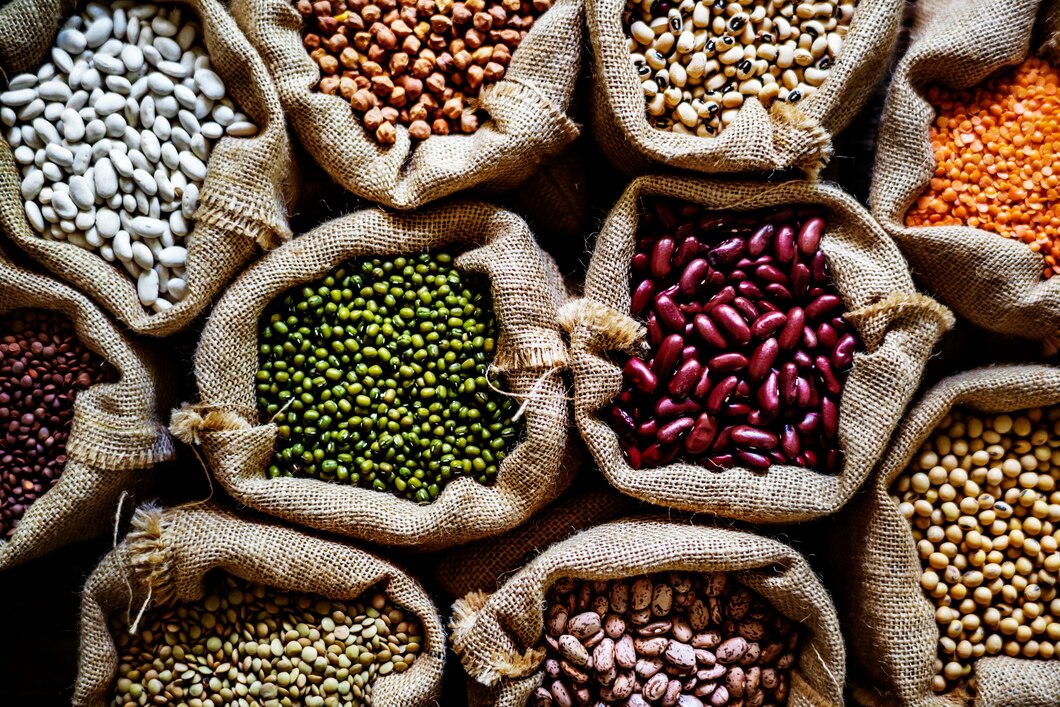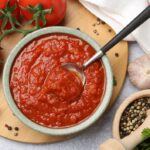Bloating can be an uncomfortable and sometimes embarrassing condition, often caused by the foods we consume. In South Africa, where the cuisine is rich and diverse, certain foods can trigger bloating more than others. Here’s a list of 20 foods South Africans should consider avoiding or limiting to prevent bloating.
1. Beans and Lentils
Beans and lentils are high in fiber and contain complex sugars that can be difficult to digest, leading to gas and bloating. While they are nutritious, it’s best to consume them in moderation.
2. Carbonated Drinks
Sodas and sparkling waters contain carbon dioxide, which can cause gas to build up in the digestive system, leading to bloating and discomfort.
3. Cruciferous Vegetables
Vegetables like broccoli, cauliflower, cabbage, and Brussels sprouts are known for causing gas and bloating due to their high fiber content and raffinose, a complex sugar.
4. Dairy Products
Lactose intolerance is common and can cause bloating, gas, and diarrhea. Dairy products like milk, cheese, and ice cream can be problematic for those with lactose intolerance.
5. Processed Foods
Foods high in sodium, such as chips, canned soups, and processed meats, can cause the body to retain water, leading to bloating.
6. Artificial Sweeteners
Sweeteners like sorbitol, mannitol, and xylitol, found in sugar-free products, can cause bloating and gas as they are not fully absorbed by the body.
7. Onions and Garlic
These flavorful ingredients contain fructans, a type of soluble fiber that can cause bloating in some people.
8. Apples and Pears
High in fiber and fructose, these fruits can cause gas and bloating when consumed in large quantities.
9. Chewing Gum
Swallowing air while chewing gum can lead to gas and bloating. Additionally, sugar alcohols used in sugar-free gums can also cause digestive issues.
10. Fried Foods
High-fat foods like fried chicken, fish, and chips can slow down digestion and cause bloating due to their high fat content.
11. Beer
Beer contains both carbon dioxide and fermentable carbohydrates, which can lead to gas and bloating.
12. Whole Grains
While whole grains like wheat, barley, and rye are healthy, their high fiber content can cause bloating and gas if consumed in large amounts.
13. Artificial Additives
Additives like MSG (monosodium glutamate) used in many processed foods can cause bloating and other digestive issues.
14. Cabbage
This staple in many South African dishes is high in fiber and can cause gas and bloating.
15. Radishes
Radishes are known to cause gas and bloating due to their high fiber content and complex sugars.
16. Peppers
Green, red, and yellow bell peppers contain a high amount of fiber and can cause bloating, especially when eaten raw.
17. High-Fat Meats
Fatty cuts of meat, such as rib-eye steak or lamb chops, can slow digestion and cause bloating due to their high fat content.
18. Soy Products
Soybeans and soy-based products like tofu and soy milk can cause bloating and gas in some individuals.
19. Breads and Pastries
Wheat-based products like bread, pastries, and cakes contain gluten and can cause bloating, especially for those with gluten sensitivity.
20. Legumes
Legumes like chickpeas, black beans, and kidney beans are high in fiber and complex sugars, which can cause gas and bloating.
Tips to Reduce Bloating
- Stay Hydrated: Drinking plenty of water helps with digestion and reduces bloating.
- Eat Slowly: Eating slowly and chewing food thoroughly can prevent swallowing air and reduce bloating.
- Monitor Portions: Eating smaller, more frequent meals can help prevent overloading the digestive system.
- Avoid Trigger Foods: Identify and avoid specific foods that cause bloating.
- Incorporate Probiotics: Foods like yogurt and kefir contain probiotics that can aid digestion and reduce bloating.
While South African cuisine is diverse and delicious, certain foods can contribute to bloating and digestive discomfort. By being mindful of these 20 common culprits and making some dietary adjustments, you can enjoy your meals while keeping bloating at bay. Remember, moderation and balance are key to a happy and healthy digestive system.








